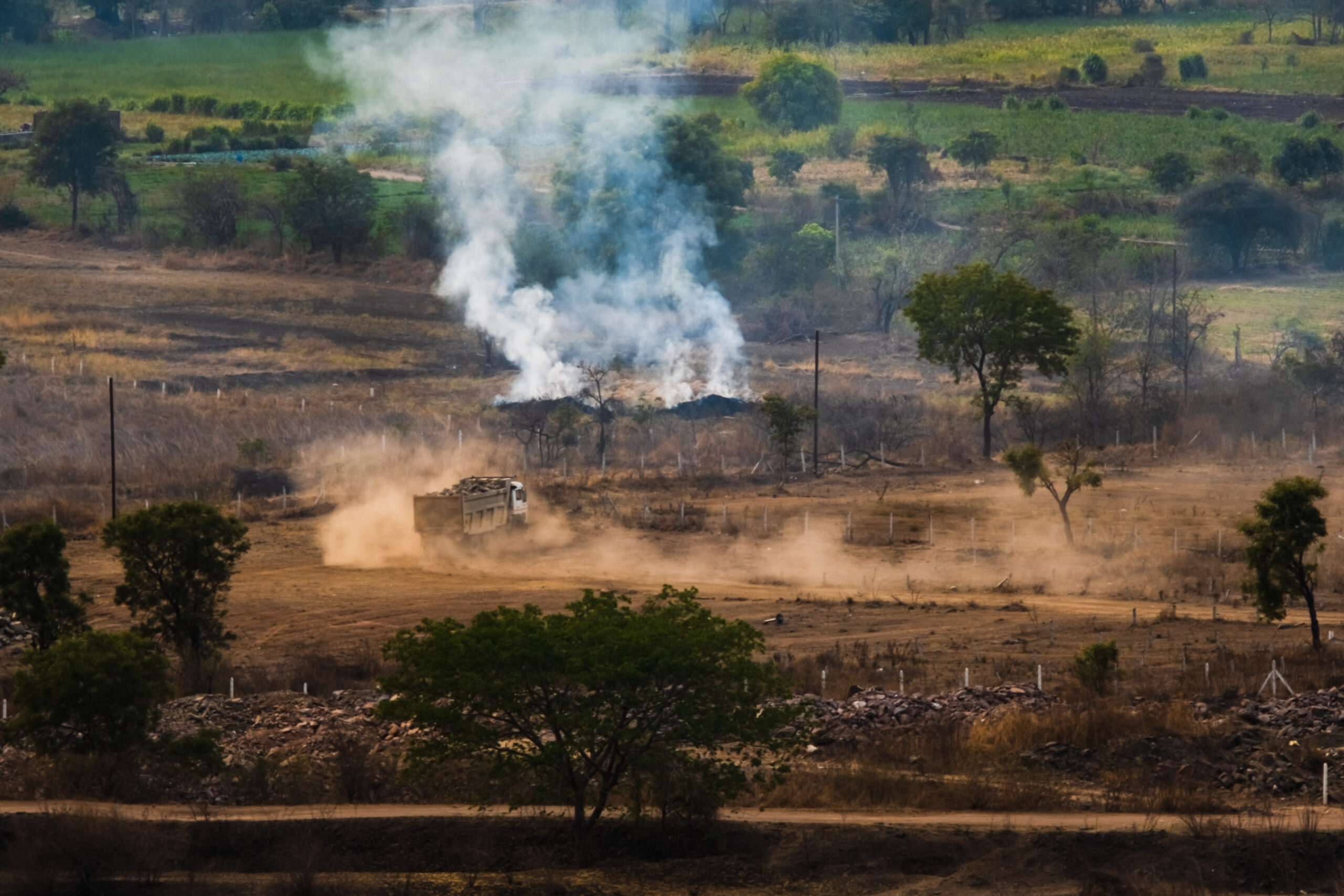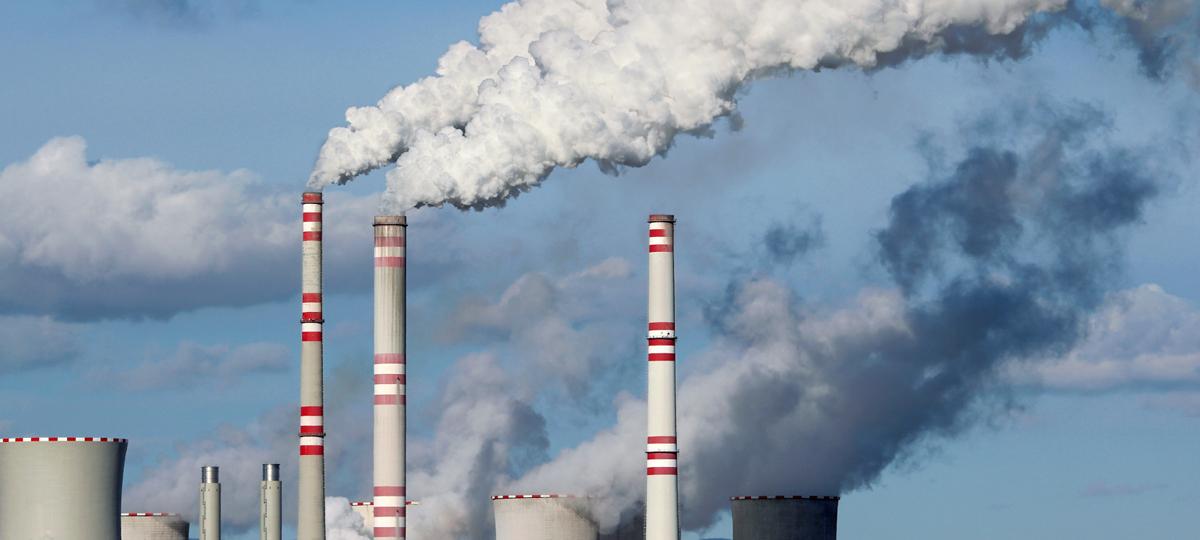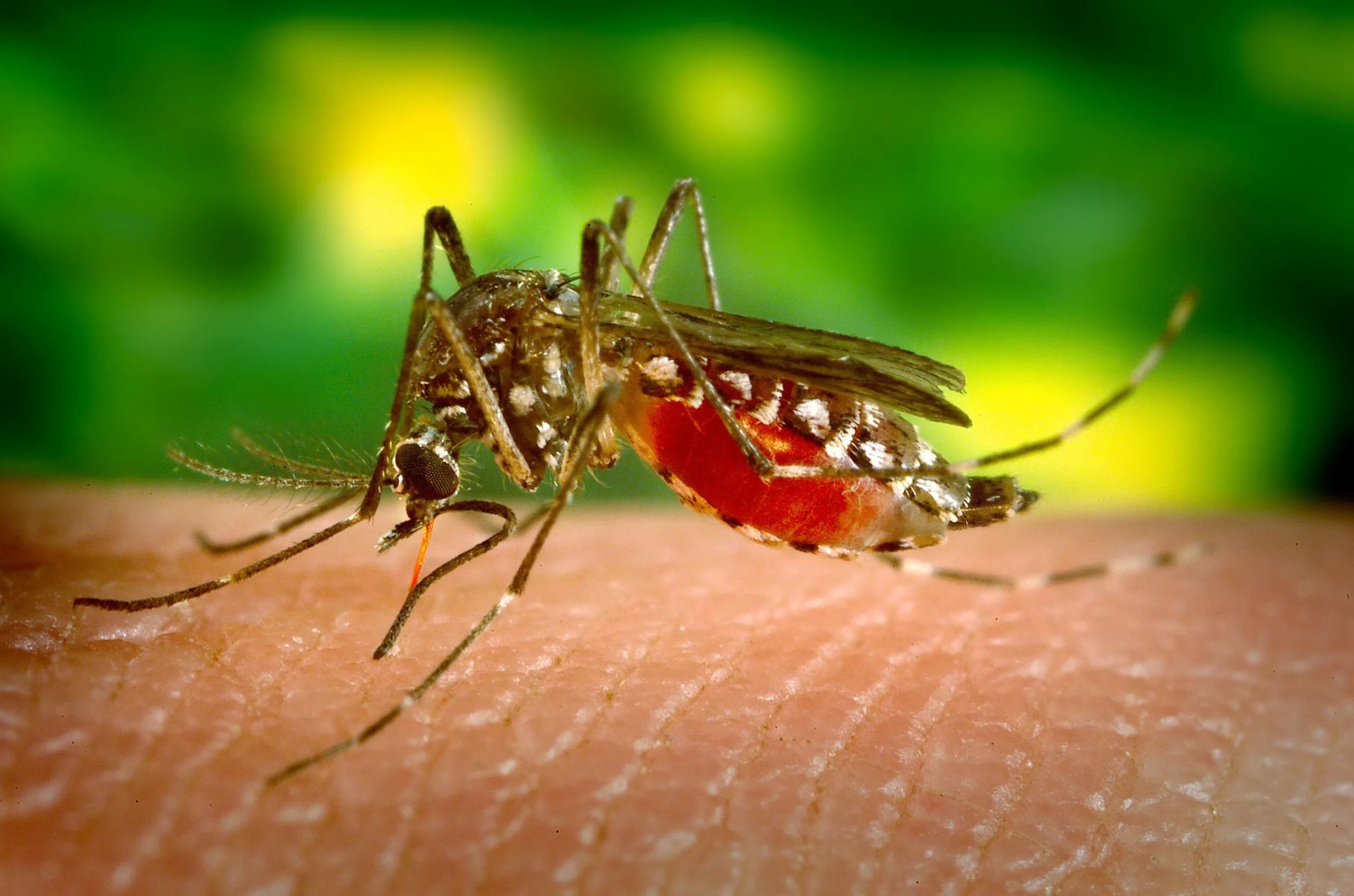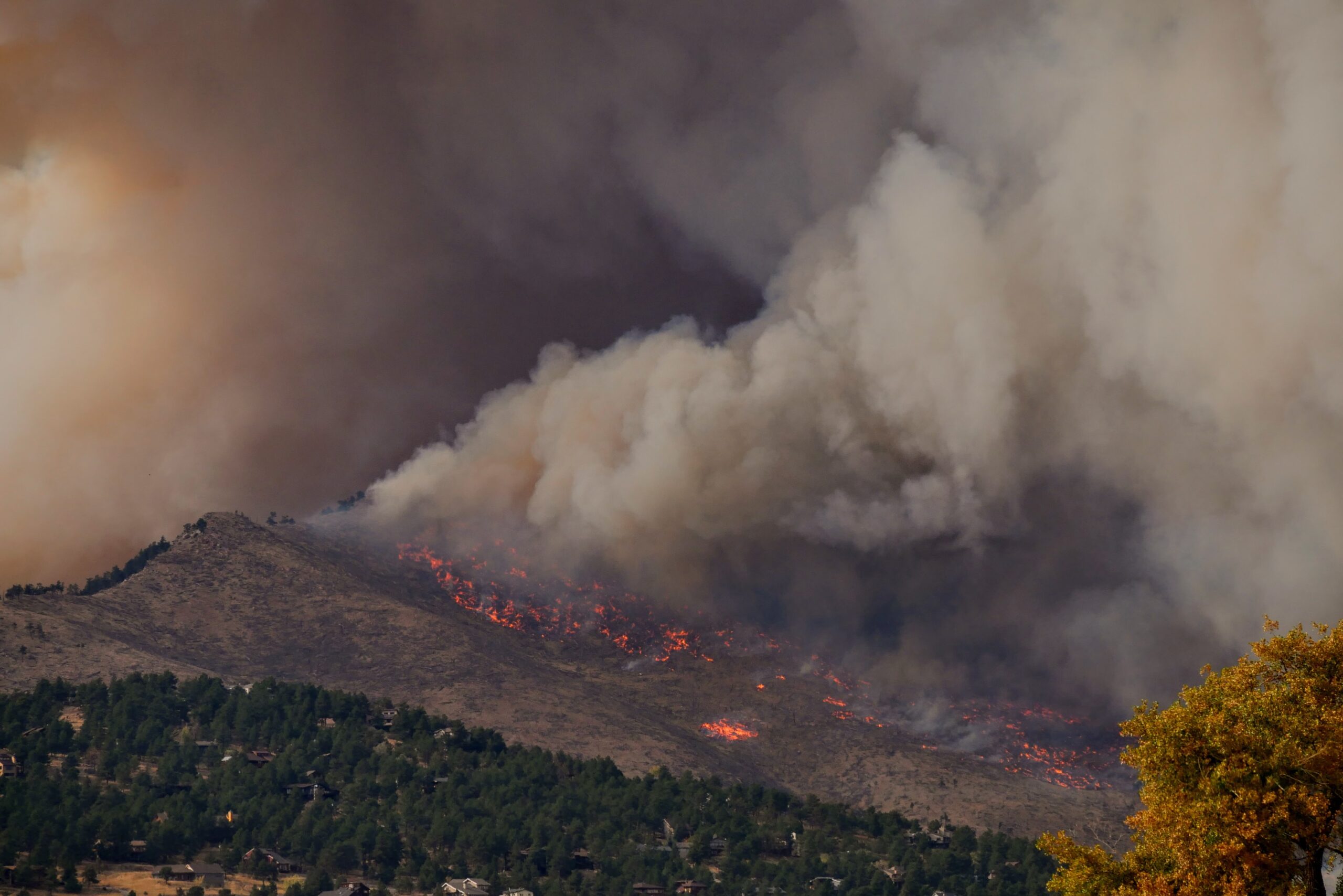Major progress has been made in improving the health of millions of people, increasing life expectancy, reducing maternal and child mortality and fighting against leading communicable diseases. However, progress has stalled or is not happening fast enough with regard to addressing major diseases, such as malaria and tuberculosis, while at least half the global population does not have access to essential health services and many of those who do suffer undue financial hardship, potentially pushing them into extreme poverty. Concerted efforts are required to achieve universal health coverage and sustainable financing for health, to address the growing burden of non-communicable diseases, including mental health, and to tackle antimicrobial resistance and determinants of health such as air pollution and inadequate water and sanitation.
Baja California SDG Monitoring Dashboard The dashboard translates the globally agreed Sustainable Development Goals into metrics that can guide decisions and progress of Baja California’s communities — Gordon McCord, Director, SDGPI Visit…
The paper explores the unexpected consequences of road construction projects in rural India. While constructing roads to connect labor markets in remote areas is often seen as a positive development,…
This paper investigates the health impacts of fossil fuel-driven energy production by exploiting a unique Colombian electricity pricing policy. This policy triggers increased thermal energy production when wholesale electricity prices…
Gordon McCord along with other researchers from UCSD coauthored a study that shows intergenerational impacts of the BGD, showing that men who were in utero at the time were more…
Project Overview With sponsorship from the Wellcome Trust and in collaboration with New Light Technologies Inc. and UNICEF, the SDG Policy Initiative is developing an online infectious disease prediction platform…
Pollution from wildfires constitutes a growing source of poor air quality globally. To protect health, governments largely rely on citizens to limit their own wildfire smoke exposures, but the effectiveness…
The El Niño Southern Oscillation (ENSO) is a principal component of global climate variability known to influence a host of social and economic outcomes, but its systematic effects on human…
“Rugged individualism”—the combination of individualism and anti-statism—is a prominent feature of American culture with deep roots in the country’s history of frontier settlement. Today, rugged individualism is more prevalent in…
Aerosol emissions occur in tandem with greenhouse gases (GHGs) and vary by type of economic activity, so concurrent changes to aerosols from GHG reduction depend on what activities are reduced.…
Using two decades of data from twelve low-income countries in West Africa, we show that dust carried by harmattan trade winds increases infant and child mortality. Health investments respond to…











